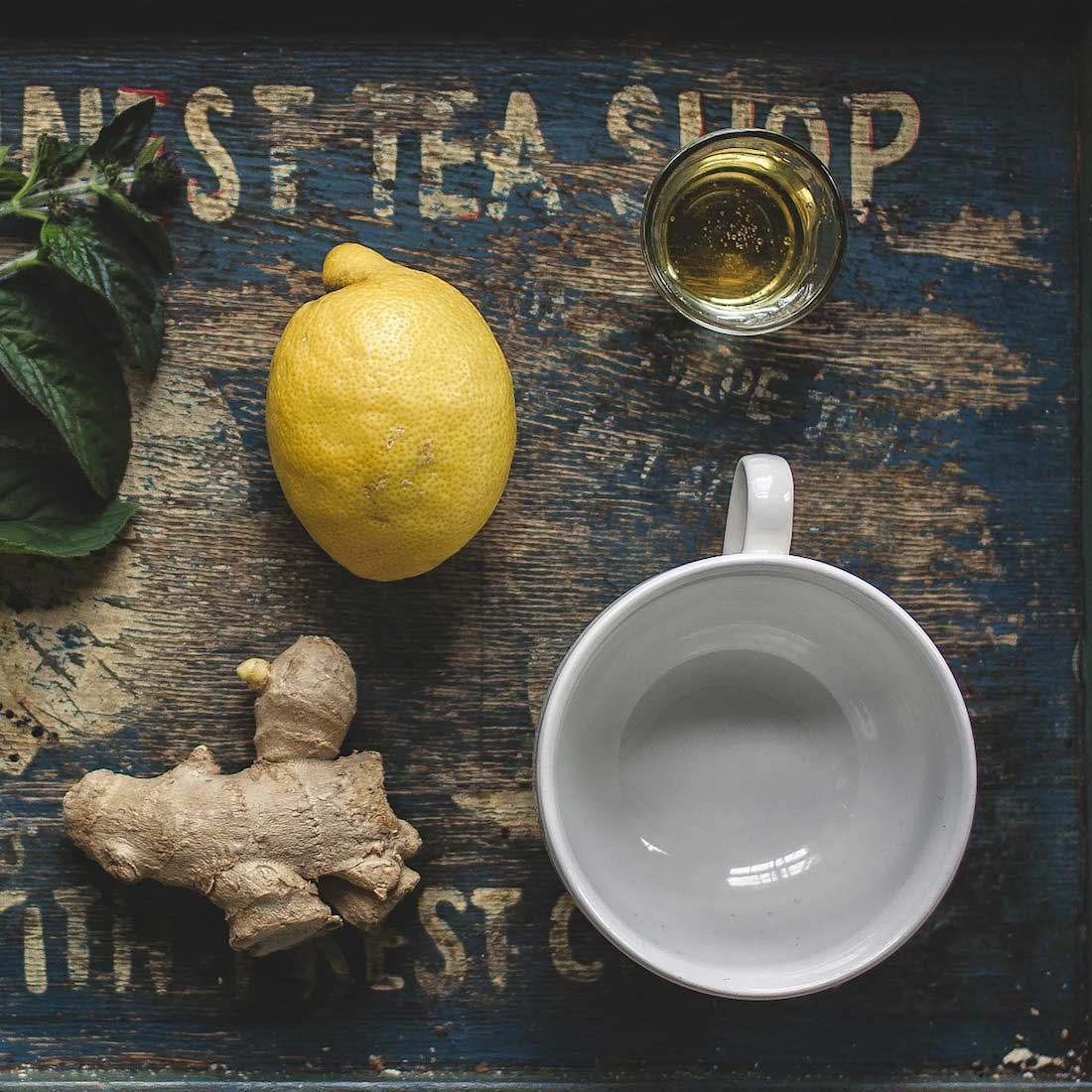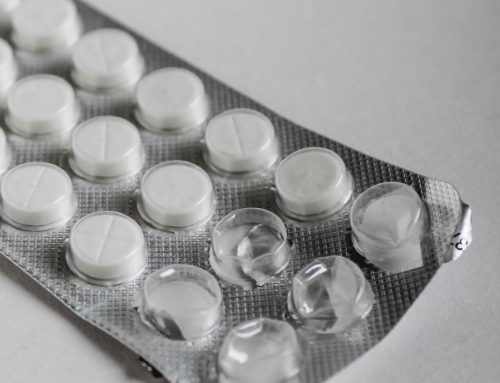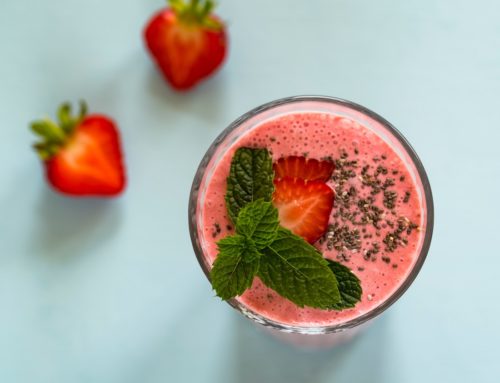Ginger tea is one of my morning drinks. Yes, ginger is full of nutrients. It also has a kick that no other spice can quite match.
How to Make Ginger Tea
I love making this simple tea. Take some fresh ginger, slice it in strips, and let it steep in a cup of hot water. Add a dash of honey or maple syrup. That’s it.
Ginger Tea Variations
If you feel adventurous, try these out. You don’t have to get fancy to enjoy the health benefits, though. The 30-second ginger tea recipe is all you need for the health boost.
Experiment with these flavour combinations:
- ginger, honey, tea, black pepper
- turmeric, ginger, lemon, and honey
- milk, ginger, and honey
- turmeric, milk, honey, and ginger
- coriander, cardamom, lime, ginger, basil, and honey
- ginger, chamomile, fennel seeds, and honey
Why Should I Drink Ginger Tea?
Well, for one thing, it’s delicious. If you’re not a morning person, the sweet and spicy ginger kick will wake you right up. Ginger tea is an especially good idea after a large meal. Ginger’s known for aiding digestion. I usually have a cup after lunch. You might feel that the food settles down a little more easily.
On top of flavor, ginger is a powerful anti-inflammatory1. China and India have used ginger for thousands of years as medicine. Here are just a few of ginger’s health benefits:
Healthy Ginger Root Benefits
1. Fight cancer
Here’s one the largest reasons for adding ginger to your diet. We know that ginger does prevent cancer in rats and possibly helps humans fight cancer as well. Here’s why ginger could be helpful.
First, a little bit of background on cancer. Cancerous tumors need blood vessels to grow. For these blood vessels to develop, a protein called the vascular endothelial growth factor (VEGF)2 has to exist in your body. If you eat food that reduces VEGF levels in your body, you have a lesser chance of developing cancer.
In ginger is a substance called [6]-gingerol that’s the key to ginger’s ability to prevent cancer. We know that [6]-gingerol can reduce the VEGF levels in animals. In a research lab, gingerol actually stopped cell growth caused by VEGF. That’s promising. What’s more, scientists found in rat studies that gingerol actually prevented the growth of cancerous cells in hearts. Yet another study showed that rats fed ginger had more antioxidants and lower rates of cancer.
We have enough research that I recommend you add ginger to your diet. It can only help, and will likely help more than we have pinpointed so far in medical research.
2. Nausea and vomiting
The Chinese have prescribed ginger as anti-nausea medicine for thousands of years. Western research is now confirming ginger’s ability to reduce nausea. Ginger cures nausea caused by a whole range of different reasons. Pregnant women who eat ginger3 will likely vomit less and reduce their nausea. Research also says that if you have ginger before taking anaesthesia for a surgery, you probably won’t have post-surgical nausea. In fact, ginger was even more effective4 than the anti-nausea pharmaceutical drug that ginger was tested against. If you do have to undergo surgery, eat some ginger before. Ginger may also help with nausea from chemotherapy5.
Chew on this
Changing your diet and lifestyle is the most powerful step you can take to improve your health.
On the internet and many health blogs, there is a tendency to exaggerate the health benefits of certain foods. Ginger is one of of those foods. Ginger isn’t a silver bullet for any chronic diseases, but eating it along with other good foods and having a healthy lifestyle are proven strategies for improving your health.
What do you think of ginger tea? Do you like it? Share with us in the comments!




